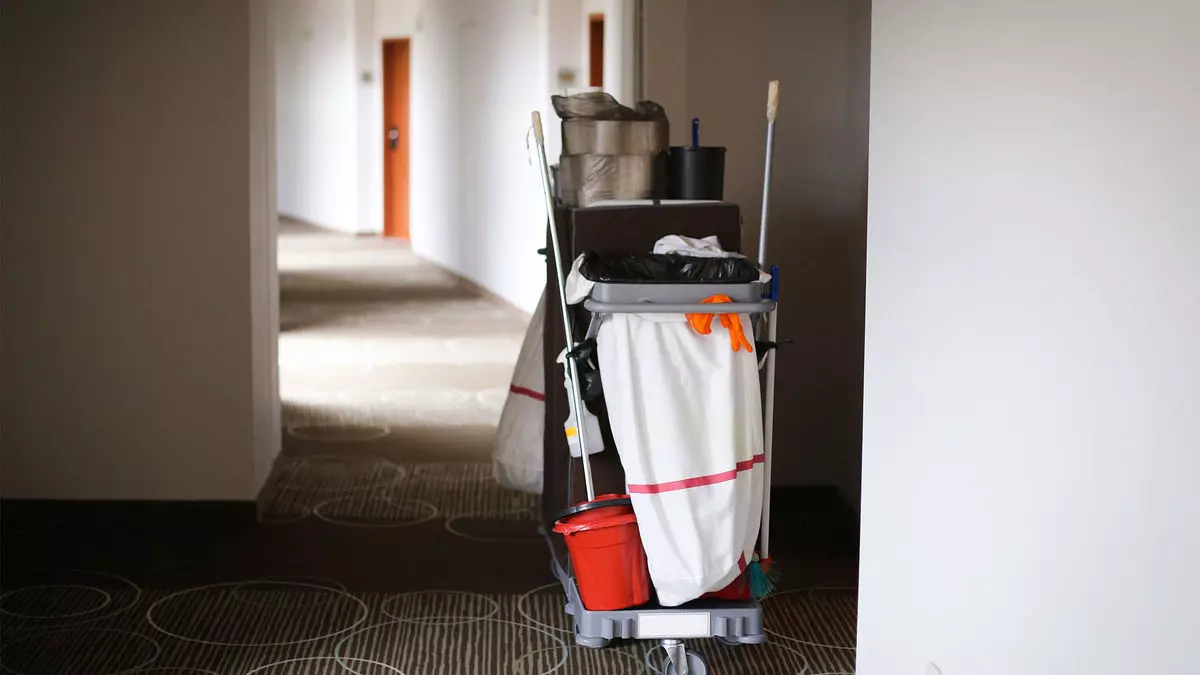Hotel workers like Fatima Amahmoud at the Moxy Boston Downtown are facing challenging work conditions with up to 17 rooms to clean each shift. The absence of daily room cleaning options has led to overwhelming workloads and limited time per room. This policy, touted as environmentally friendly, is also a way for hotels to trim costs and address labor shortages post the Covid-19 pandemic. For unionized housekeepers, the absence of daily room cleaning has resulted in unmanageable workloads, reduced hours, and declining incomes.
Unite Here, representing about 10,000 hotel workers, recently initiated strikes at 24 hotels across various cities like Honolulu, Boston, San Francisco, and Seattle, to name a few. The primary reasons behind these strikes are demands for higher wages and the reinstatement of services and staff cuts. The hotel industry giants like Hyatt and Hilton have expressed disappointment over the strikes, emphasizing their willingness to negotiate. The ongoing labor unrest highlights the repercussions of the pandemic on low-wage workers, particularly women of color.
The hospitality industry is a significant employer of women, especially women of color, many of whom are immigrants. The industry’s reliance on this workforce, coupled with the undervaluation of hospitality work, underscores the need for fair compensation measures. The recent success story in Southern California, where after multiple strikes, significant wage hikes and workload guarantees were achieved for housekeepers, sets a precedent for other regions.
Challenges Faced by Hotel Workers
Despite claims by the American Hotel and Lodging Association that hotels are actively recruiting workers by offering higher wages, the ground reality is different. Housekeepers like Maria Mata at the W San Francisco are struggling to make ends meet due to erratic schedules and insufficient hours. The lack of daily room cleaning options has added extra burdens on housekeepers who often face financial challenges due to irregular work hours.
The ongoing battle between Unite Here and hotel chains regarding the restoration of daily room cleaning services signifies a larger conflict over budget and staffing strategies. While hotel chains argue that reducing services is a long-term operational strategy, workers view it as an attempt to extract more work from them while paying low wages. The disparity in pay rates among unionized housekeepers in different cities further accentuates the challenges faced by workers in the hospitality industry.
The struggles of hotel workers in the post-pandemic era shed light on the pressing need for fair compensation, manageable workloads, and job security. As the industry undergoes significant transformations, it is imperative for hotel chains and unions to collaborate effectively to address the issues faced by frontline workers who play a crucial role in the hospitality sector.


Leave a Reply